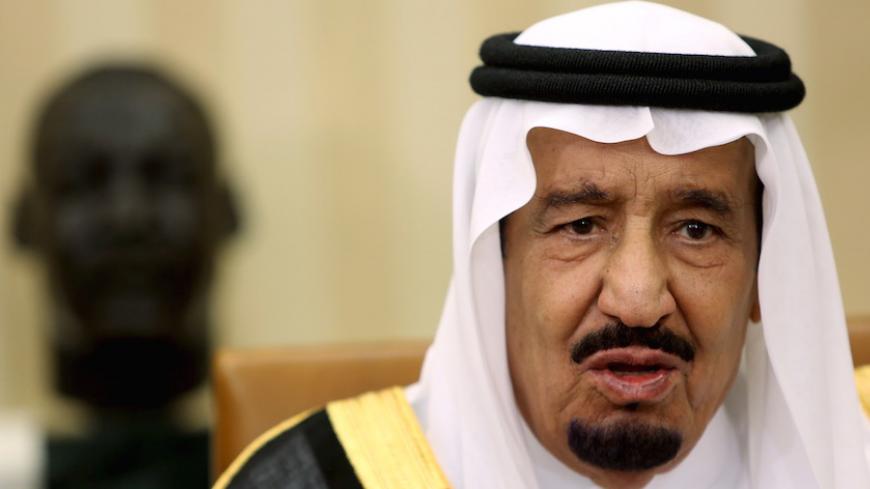Hezbollah Secretary-General Hassan Nasrallah gave yet another of his regular speeches on Nov. 14. This time, however, the timing was especially dramatic. It was just two days after the Islamic State’s (IS) deadly suicide attack in the Dahiyeh Quarter, a Hezbollah stronghold in Beirut, and just a few hours after IS’ killing spree in Paris. After watching a live broadcast of the speech, a senior Israeli intelligence official made a remarkable comment, speaking on condition of anonymity: “[Nasrallah] sounds like he just joined [Israeli nongovernmental organization] Peace Now. How could we possibly have reached a point in which Nasrallah has become the responsible adult in the Middle East?”
This question is heard more and more in the corridors of Israel’s defense establishment. Nasrallah’s speech lasted several minutes, but this time it did not include attacks on Israel (even though Israel was mentioned more than once as the source of all troubles in the region). In contrast, it contained numerous attacks on IS. Nasrallah employed the same jargon used by the West to describe IS’ atrocities.



